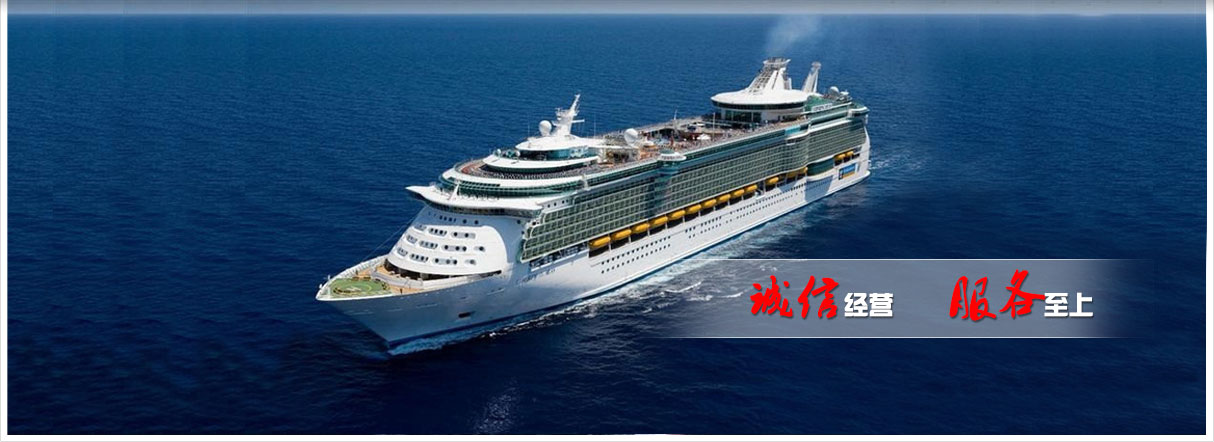Top 10 shipowners ranked China third in 2010
No. 1 Japan ranked No. 1 with $108 billion in 2019, despite a $9 billion drop in the value of its fleet. The decline in value was mainly attributable to the fall in the price of dry bulk carriers. No. 2 Greece has a fleet worth $100.5 billion and is largely unchanged from 2019 to 2020, mainly due to the increase in the value of oil tankers, offsetting the decline in the value of containers and bulk carriers. Nearly half of the 320 ships bought by Greek state-owned companies since March 2019 are bulk carriers. Greek shipowners take advantage of falling bulk carrier prices to buy low-priced assets. No. 3 China is again in third place, with a fleet valued at more than $98.5 billion, more than twice the size of the fourth-ranked Singapore, showing the market dominance of the top three shipowners. The value of oil tankers and Knock Nevis owned by Chinese shipowners has risen significantly. In 2019, a total of 19 ULCV ships were received by Chinese shipowners. No. 4 Singapore's fleet value has declined slightly to $44 billion, mainly because the value of bulk carriers and seagoing vessels is shrinking, but the value of LPG and Knock Nevis has increased significantly. Norway No. 5 Norway's fleet fell in value by almost $7bn to $39bn in 2019. This is mainly due to the decline in the value of the MODU (mobile offshore drilling unit) , in particular the Jackup rig. South Korea No. 6 South Korea's fleet has grown in value by $200m to $34.8 BN in the past year. Among them, the growth of LNG carriers, tankers and bulk carriers up and down, offset each other. No. 7 The value of the US fleet fell by $6BN TO $33bn. Similar to Norway, the value of the US marine industry shrank, partly offset by the growth of oil tankers. Germany's fleet value fell during the year to $27.9 billion as Germany's financial capital retreated from the shipping industry. Germany, which has the third largest container fleet in the world, lost $3BN TO $15.4 BN last year. No. 9 Britain's fleet is valued at $23.4 bn, but it remains in the top 10. Britain has a diverse fleet, with the loss of value mainly from the seaborne sector. Denmark's fleet has shrunk slightly and is now worth $20.8 BN. The bulk of the Danish fleet comes from the Knock Nevis, and the container industry has barely budged over the past year, so the value has changed the least.



